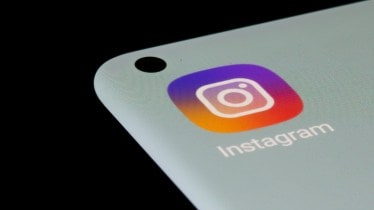As the advancements in artificial intelligence (AI) continues , it is becoming more difficult to differentiate between real and fake. This is most prominent in the world of social media, where people edit their pictures or videos to such an extent that it almost changes the original version.
To add on to this, Instagram will soon bring a tool that can change your real life scenario to anything you want to convert it into. This has high chances to make that situation somewhat worse by allowing users to completely transform their videos using generative AI. Here’s a detailed look at what the social media head Adam Mosseri has planned for you.
Instagram to get AI-powered makeover
On December 19, Adam Mosseri, the head of Instagram shared a teaser where he was able to completely transform his appearance. In one frame he turned himself into a felt puppet, and in another transported himself from his office to a snowy mountain range with a furry coat.
But, why such an unrealistic change? In response to this, “A lot of you make amazing content that makes Instagram what it is, and we want to give you more tools to help realize your ideas,” Mosseri explained. The new feature could be available sometime in 2025.
The feature is powered by Meta’s Movie Gen AI model. The announcement came just after both Google DeepMind and OpenAI introduced their own video generation models.
The way ahead
Looking ahead, the early demos of video generation models have been promising. However, they are not perfect. Well, this is not the first time! OpenAI’s Sora had also presented a lot of issues such as faces changing in appearance and objects disappearing, just after a few seconds.
For some this feature might be helpful and even serve as a tool for showcasing their imagination. But this could also have a negative impact on the users. There have been many incidents of scams and other fraudulent activities through deepfake. For example, scammers can create fake celebrities to execute ‘Celebrity Scams.’ In this scam, celebrities’ faces are misused by fraudsters to execute scams. Fraudsters pretend to be celebrities and claim their endorsement of products, eventually landing you in money laundering cases.
Apart from this, too much of an AI-powered image can create unrealistic expectations in social media users. This is specially concerning for the genZ and the teen users, who easily get driven by social media.
Follow FE Tech Bytes on Twitter, Instagram, LinkedIn, Facebook
